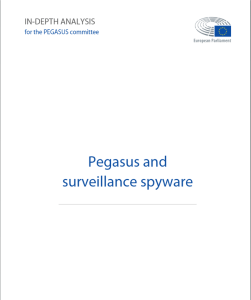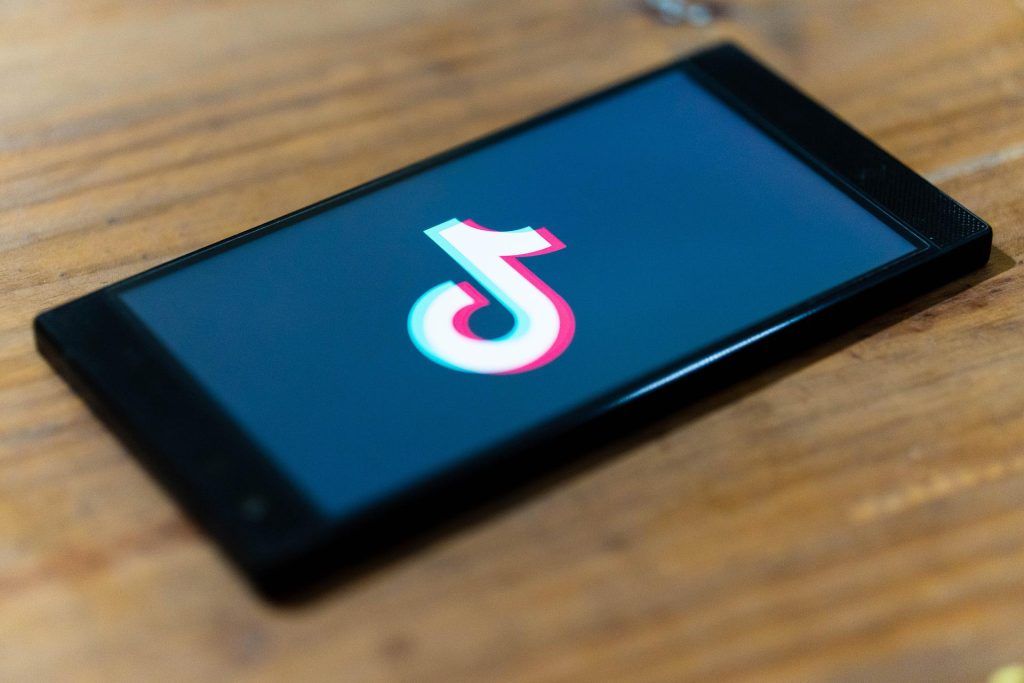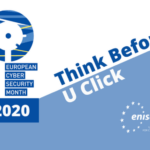Following dialogues with the Commission and the network of national consumer protection (CPC) authorities, TikTok has committed to align its practices with the EU rules on advertising and consumer protection, namely, the Unfair commercial practices Directive, the Consumer rights Directive and the Unfair contract terms Directive. This dialogue first originated from a complaint of the European Consumer Organisation (BEUC). In February 2021, BEUC raised the alarm regarding certain problematic practices of TikTok allegedly breaching EU consumer rules. For instance, BEUC had found that the social media platform was failing to protect children from hidden advertising and inappropriate content. Following the complaint, the Commission, together with the CPC, and led by the Irish and Swedish consumer authorities, launched a dialogue with TikTok. The series of concerns have now been addressed and TikTok committed to change its practices.
Commissioner for Justice, Didier Reynders said: “All social media platforms are required to play by the rules and make sure that consumers can easily identify commercial content, including when promoted by influencers. We welcome TikTok’s commitment for more transparency in the way it operates its business activity. Thanks to our dialogue, consumers will be able to spot all kinds of advertisement that they are exposed to when using this platform. Despite today’s commitment, we will continue to monitor the situation in the future, paying particular attention to the effects on young users.”

Artificial Intelligence and Internet of Things in EU enterprises |
Overview of main commitments:
- Users can now report advertisements and offers that could potentially push or trick children into purchasing goods or services;
- Branded content now abides by a policy protecting users, which prohibits the promotion of inappropriate products and services, such as alcohol, “get rich quick” schemes and cigarettes;
- Users are prompted to switch on a toggle when they publish content captioned with specific brand-related keywords such as #ad or #sponsored;
- If a user has more than 10,000 followers, their videos are reviewed by TikTok against its Branded Content Policy and Community Guidelines to ensure that the content is appropriate;
- Policies clarify how to purchase and use coins, and pop-up windows will provide the estimated price in local currencies. Consumers are allowed to withdraw within 14 days from the purchase, and their purchase history is also available;
- Policies also clarify how to get rewards from TikTok and how to send gifts, for which users will be able to easily calculate their price;
- Paid advertisement in videos will be identified with a new label, which will be tested for effectiveness by a third party;
- Users are able to report undisclosed branded content, and new rules for hashtags and labels will be implemented.
Next steps
The Consumer Protection Cooperation Network (CPC) will actively monitor the implementation of these commitments, in 2022 and beyond. Data Protection Authorities will remain competent to assess compliance of the new policies and practices of the company with EU data protection rules.
CPC authorities will, in particular, monitor and assess compliance where concerns remain, such as whether there is sufficient clarity around children’s understanding of the commercial aspects of TikTok’s practices. For example, for what concerns personalised advertising, in light of the recently published “5 key principles of fair advertising to children”
The CPC will also carefully check the outcome of the testing of labels, as well as their implementation, and the adequacy of the display of the estimated unit price per coin in local currency when sending a gift. In addition, actions at national level may be launched to ensure that EU standards are respected and to guarantee that all platforms abide by the same rules.
Background
The Consumer Protection Cooperation (CPC) is a network of authorities responsible for the enforcement of EU consumer protection laws. To tackle cross-border issues, their actions are coordinated at EU level.
National authorities are responsible for the enforcement of EU consumer protection laws. Thanks to the updated Consumer Protection Cooperation Regulation, they now have stronger powers to detect irregularities and take speedy action against rogue traders. Cooperation applies to consumer rules covering various areas such as unfair commercial practices, e-commerce, geo-blocking, package holidays, online selling, and passenger rights.

Pegasus and surveillance spyware |







Leave a Reply